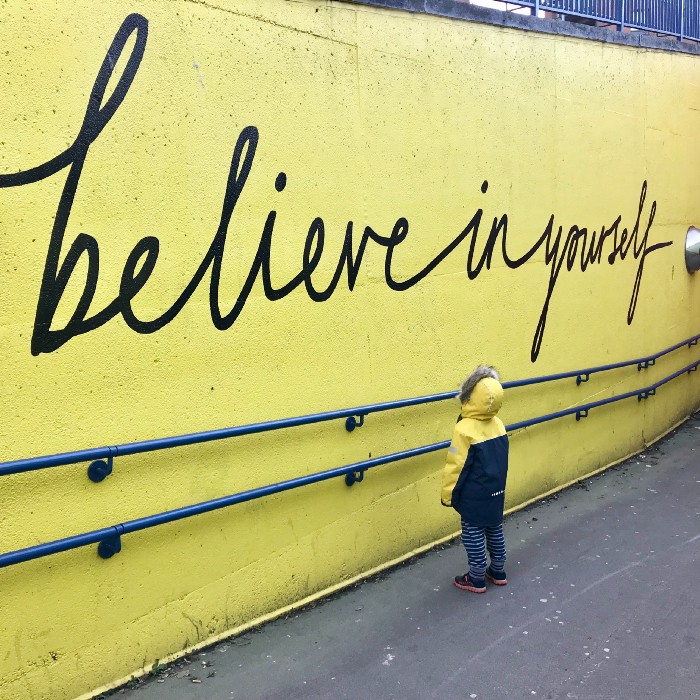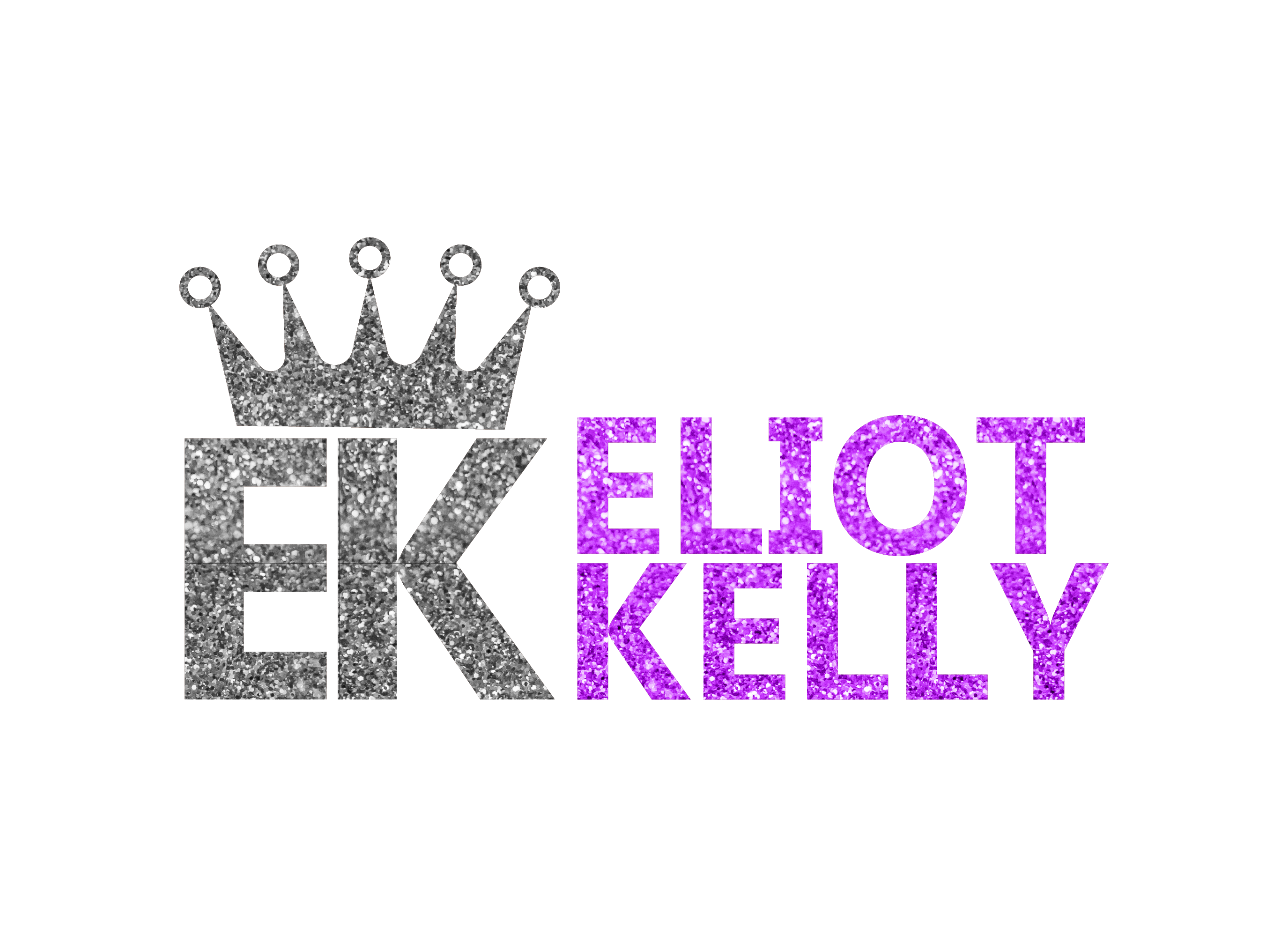Imagine that to have a great life, you must cross a dangerous jungle. You can stay safe where you are and have an ordinary life, or you can risk crossing the jungle to have a terrific life. How would you approach that choice? Take a moment to think about it because it is the sort of choice that, in one form or another, we all must make.
“Every morning in Africa a gazelle wakes up and knows that it must run faster than the fastest lion or it will be killed. Every morning a lion wakes up and knows that it must run faster than the slowest gazelle or it will starve to death. It doesn’t matter whether you are a lion or a gazelle, when the sun comes up, you better start running.” — African Proverb
Any change, or even an attempt to change anything we are doing makes us uncomfortable. In today’s article we will focus on four tools that can help us to build our self-concept and raise our internal standards. The idea of crossing the jungles of life to have a terrific life are pointless unless we can grow in these two areas — Our self-concept determines our levels of performance and effectiveness in everything we do. Likewise, if we want to do more, be more and have more, we must increase our self-concept level. We must increase what we believe ourselves capable of. We must raise our aspirations, set higher goals, and make detailed plans to achieve them.
Before you risk crossing the jungle to have a terrific life, you must take charge of developing a new self-concept that is more consistent with what you really want to accomplish and develop the following areas:
Knowledge
The world does not arrange itself according to our expectations and desires. In a rapidly changing, high-stakes world, the one thing you cannot do without is reliable knowledge. Poor knowledge leads to bad decisions, which in turn lead to bad outcomes. Turning a blind eye on reality can be a recipe for disaster. So why do we do it all the time? We accept what our group believes. We grasp at easy answers. We allow ourselves to be manipulated. We hold on to past assumptions and imagine that they will remain valid into the future.
When I was growing up as a child in The Bahamas, my Mom would always throw away, what she called, the ends of the bread. One day, after years of observing this practice, I asked her why we had continued to throw two, what I thought were perfectly edible, slices of bread into the bin. She said that her Mother had always thrown away the slices and that is why she did it, and why it was our custom as a family. I continued my learned behaviour until embarking on studies abroad. University life and my student budget provided a quick lesson to make full use of the resources at hand and this included those precious ‘end’ slices. Perhaps it was the basic economics of eating what was available or perhaps it was common sense and a decision that I was not going to waste food. Whatever it was, to this day, I now view the ‘ends’ of the bread as the first slices, viewed from either direction. I think in certain ways, we all naturally adopt to the past and present assumptions of our circles of influence. We can uncover opportunities for new knowledge by asking the question, “How do I know this?” Knowledge is the key to success, bit in a rapidly changing world, it is not what you know that matters, it is how you know!
Instinct
If your read books like Atomic Habits, by James Clear or the Power of Habit by Charles Duhigg, the two principles underlying the development of our instinct are pointed out:
1. Achieving success is a habit. These habits are based on moving from a reactive to a proactive mode of behaving. In my book Inside Out: Its An Inside Job, I indicated that it is not an outside-to-inside job but an inside-out way of operating.
2. We should rely primarily on our inner resources first. A problem I face at times is following my instinct, responding to red flags for example, and being proactive based on the limited data I have in any one of the complex situations I encounter in business and in my personal life. It has taken a lot of work and years of experience, failing, learning, and applying what I have learned to find success in this area. This is a core focus at our in-person and online training events. Client feedback has suggested that our teaching and training focus on instinct, potential ability and getting to know ourselves has created positive results in income, during staff recruitment, and business negotiations just to name a few.
Gut instinct is our natural gift, it can be used to help us take proactive rather than reactive steps as we move closer to our goals. Any one can follow a script that is provided and conform to what some may describe as ‘the way we do things around here.’ To cross the jungle, you and I will have to cultivate the winning habit of acting on our instincts. That feeling that this is the right thing to do. Knowing, without knowing, that you are going to achieve the best result if you follow a certain action.
Skills
Being successful, having a terrific life or goal achievement, looks different to everyone. These things come in all shapes and sizes, but one thing that most people can agree on is that it includes feeling content and secure. One of the key concepts we share in The Eye Of The Needle; The Cost Of Success, is that the way to this security is through opening as many doors to opportunity as possible by learning valuable life skills. Trends come and go, however focusing on developing skills in your specific field, gives you a competitive advantage.
Sitting around waiting for a stroke of good fortune will not increase the odds of your success in the jungle. It can be uncomfortable. It requires learning to look at the world differently. If you want to take control of your own fate in a world of ever-changing and accelerating change — You can.






